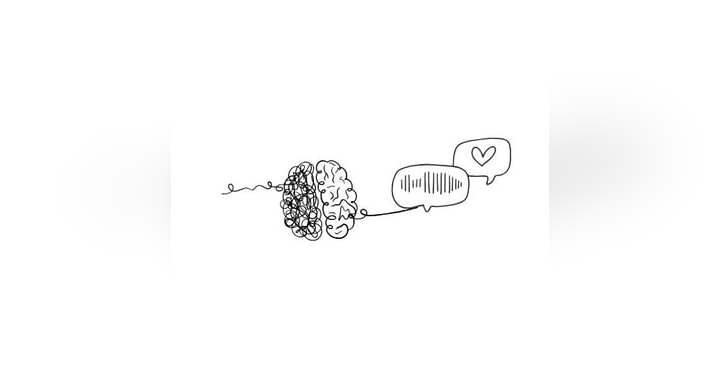Navigating Pathological Demand Avoidance - Your Complete Guide

Breaking The Mold And Embracing The Different
Imagine you're in a garden filled with radiant flowers, but your eyes are drawn to an extraordinary beauty standing alone, being different, and captivating you with its uniqueness. That is the heart of our discussion today: pathological demand avoidance (PDA).
If you've been feeling like you're wrestling with the world, struggling to fit the mold, but your heart beats to a different rhythm, this journey is yours. Whether you're losing sleep over your little one's struggles or confronting this reality in your personal life, we're here to wrap you in understanding, compassion and empowerment.
Understanding Pathological Demand Avoidance: X Marks The Spot
PDA is like a sophisticated dance where typical rules don't always apply. It’s a behavior profile seen in people on the autism spectrum, and they often resist ordinary demands, driven by a need for control. It can feel like life's speaking a language that your heart doesn’t understand, leaving you to navigate the currents of social expectations with a compass facing the wrong direction. But remember, you are more than equipped to steer your ship. And we’re here to support you.
Unmasking Pathological Demand Avoidance: Subtle Signs
Your heart might be telling you that something's different, and it’s time to listen. PDA signs can be subtle and elusive—a whisper in the wind or resounding like an unforgiving thunderstorm. You may find difficulty with routine demands, a preference for negotiation, or seeking control through manipulation. But remember, darling, that every storm is followed by a rainbow. And this is your journey to understanding.
Diagnosing PDA: Making Sense of the Puzzle
Obtaining a PDA diagnosis is like trying to solve a cryptic crossword without any clues—it figuratively and literally requires a professional touch. A correct diagnosis can aid in understanding your or your child's unique behavior and responses, leading to improved strategies for navigating life's labyrinth.
PDA in Adults: Because Diagnosis Don't End At Eighteen
PDA doesn’t end as the fairy tales often do, with an eighteenth birthday. The challenges persist into adulthood, and the nerves may still fray at demands like punctuality at work, deciding what’s for dinner, or even sorting out laundry. A unique approach to adulthood every day, for everyday life—that's PDA adulthood in a nutshell.
Pathological Demand Avoidance Coping Strategies: Your Secret Survival Toolkit
Living with PDA isn't about transforming; it’s about adapting and loving your unique self while discovering strategies to coexist with the demands life throws at you. Creating a toolkit that’s entirely catered for you—now that’s something we can get on board with!
The Role of Relationships in Pathological Demand Avoidance
Family, friends and loved ones are the co-captains on the ship of your journey, navigating through the choppy waves of PDA. Understanding, patience, and buckets of love can ease the journey, rekindling the joy and restoring peace.
Seeking Help: Because Your Support System Matters
Remember, sweet soul, seeking help is not a sign of surrender but a badge of courage. Therapists, psychologists, and supportive communities are there to reach out to, offering you sparkling gems of wisdom, guidance and reassurance.
Therapist Thoughts and Ramblings on Pathological Demand Avoidance
In our podcast about Pathological Demand Avoidance, Randi Owsley and Jessica Bullwinkle, two passionate, empathetic souls well versed in the mind-scape of mental health, have painted a picture of PDA, breaking down complex terms into relatable tangents of everyday life and empowering you with strategies and resources.
Experiencing PDA is like living in a melody that syncs with a different beat—a dance routine that breaks the conventional rhythm. And it’s absolutely okay, absolutely you. Stay tuned for our upcoming podcasts, where we dive headlong into understanding PDA better.
Sign up for our newsletter, join the conversation and remember, in this community of compassion and understanding, you're never alone.
Remember, every step you take towards understanding and self-love is a celebration of strength.
Randi Owsley, LMSW, is a skilled and compassionate Licensed Master of Social Work and clinical psychotherapist who lends her expertise as the co-host of the "Women's Mental Health" podcast. With a Masters in Clinical Social Work from the prestigious University of Southern California, Randi has honed her specialization in women's mental health issues, trauma, grief, and personality disorders. To learn more about Randi and the valuable insights she shares, visit her websites at randiowsley.com and heyrandi.com.













